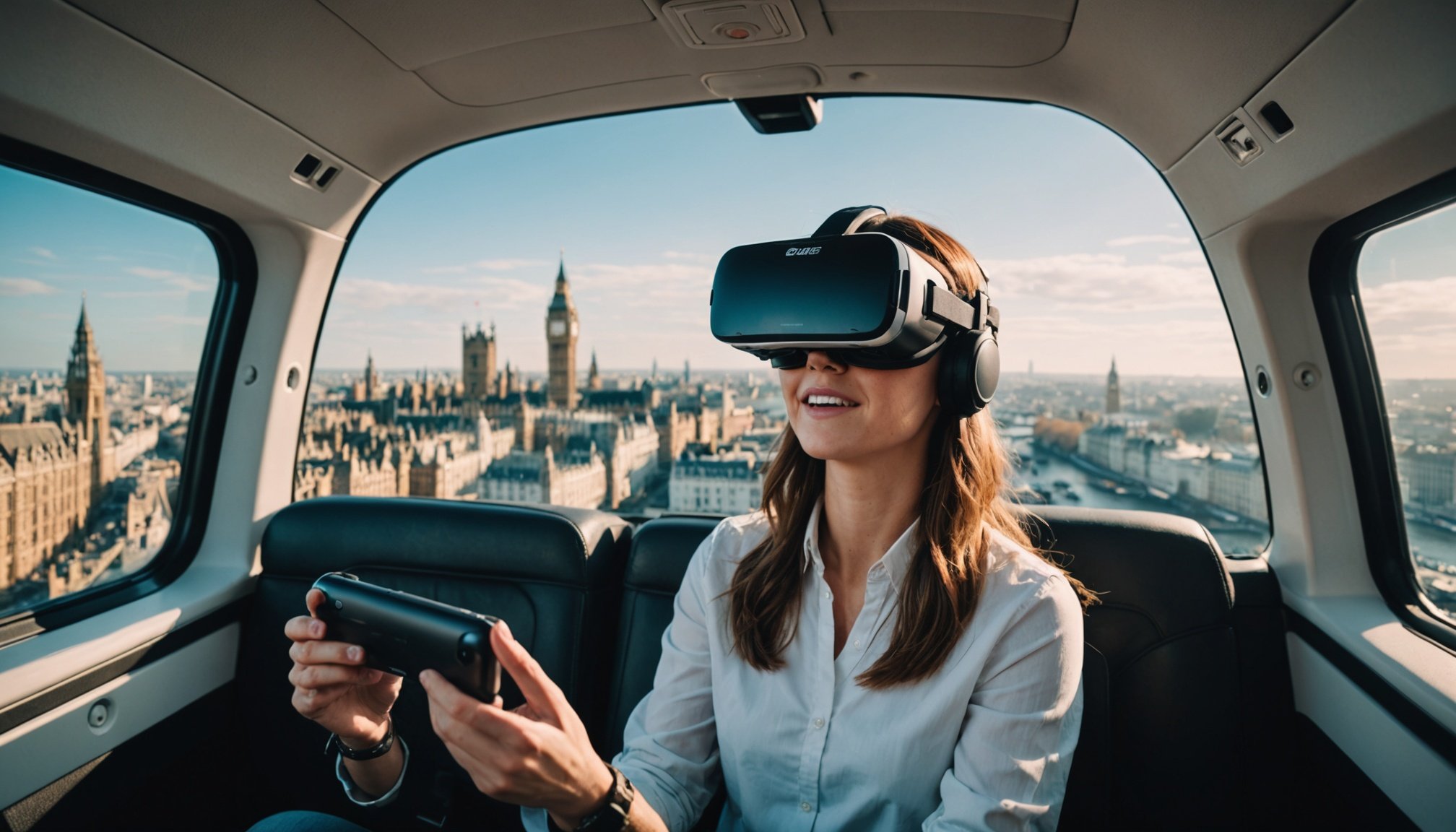The Impact of Virtual Reality on Travel Experiences
Virtual reality is revolutionising the travel industry, offering unprecedented ways to explore potential destinations. By allowing customers to engage with destinations virtually, this technology is enhancing travel experiences beyond traditional methods. Visitors can now embark on virtual tours, providing them with a vivid preview of their trips and helping them make informed decisions during the travel planning process.
One of the key benefits of virtual reality in travel is its ability to immerse users in environments that would otherwise be inaccessible due to cost, distance, or time constraints. This not only offers a taste of the location but also increases customer engagement by allowing potential travellers to explore landmarks, hotels, and activities from the comfort of their homes.
Additional reading : Top strategies for managing workplace stress in uk companies effectively
Moreover, VR significantly influences decision-making by providing a more tangible experience compared to photos or videos. Travellers can better visualise their journeys, leading to increased confidence and willingness to invest in their trips. As the demand for immersive experiences grows, travel agencies and tourism boards are adopting VR technology to stand out in a competitive market. This shift not only enhances customer satisfaction but also adds value to the overall travel experience.
Case Studies of UK Travel Agencies Utilizing VR
The incorporation of Virtual Reality in Travel is reshaping how UK travel agencies engage with their audiences. These case studies exemplify how VR is pushing the boundaries of traditional travel marketing by offering innovative digital experiences.
Also to read : Exploring the advantages and obstacles of remote work for uk enterprises
Agency A: Immersive Virtual Tours
Agency A has introduced virtual tours, allowing potential travellers to explore destinations interactively. Utilising advanced VR technology, these tours offer immersive previews of various locations, engaging the senses and sparking wanderlust. This has led to significant increases in customer engagement and a notable rise in booking rates.
Agency B: Interactive Destination Previews
Through cutting-edge travel innovation, Agency B presents clients with interactive previews of top destinations. Enhanced with VR technology, these experiences offer accessible glimpses of potential holiday spots, vividly portraying their allure. Consequently, there has been a surge in customer inquiries and conversion rates.
Agency C: Enhanced Customer Support through VR
Agency C integrates VR to provide superior customer support. By addressing travel planning queries via immersive VR sessions, they offer tailored assistance, enriching pre-trip engagement. Impressive user testimonials highlight VR’s effectiveness, emphasising increased satisfaction and streamlined travel planning.
Practical Applications of Virtual Reality for Travelers
Virtual Reality (VR) is reshaping the way travelers plan and experience their journeys. With the advent of virtual tours, individuals can now explore destinations in vivid detail from the comfort of their homes, serving as a pivotal pre-trip planning tool. These tours offer immersive experiences, allowing users to virtually navigate through landmarks, accommodations, and local attractions, enhancing their ability to visualise and choose their next travel destination confidently.
Besides virtual tours, VR offers various applications that enrich the cultural immersion of travelers. Users can experience cultural events, try traditional activities, or even attend virtual festivals, broadening their understanding and appreciation before physically visiting a location. This approach enhances travel experiences by fostering a deeper connection with a destination’s heritage and lifestyle.
Innovative travel agencies are seamlessly combining VR experiences with traditional marketing strategies. By crafting engaging virtual previews that complement conventional brochures and advertisements, agencies can captivate potential clients effectively. This integration not only boosts customer engagement but also positions travel companies as forward-thinking leaders within the competitive tourism sector, offering unique experiences that cater to the modern traveler’s desire for exploration and adventure.
Tips for Travel Agencies to Maximize Engagement with VR
To leverage Virtual Reality in the travel sector, agencies must focus on customer engagement strategies tailored to fit this technology. Understanding target audience preferences is crucial. By analysing travel trends and consumer interests, agencies can craft bespoke VR experiences that resonate with users. This custom approach boosts how memorable and effective the interaction becomes for customers, driving curiosity and exploration of new destinations.
Promoting VR experiences using robust marketing strategies is equally important. Utilising social media and online platforms can significantly amplify the reach of VR content, making it visible to a wider audience. Engaging and interactive posts that highlight unique features of VR travel can attract potential customers and spread word-of-mouth interest.
Gathering and analysing user feedback is a vital step in enhancing VR offerings. Methods such as surveys, interviews, and tracking user interactions within VR environments provide insights into user satisfaction and areas of improvement. Acting on this feedback can help agencies refine their VR tools, creating more immersive and appealing experiences that keep travellers eager and invested in future journeys.











